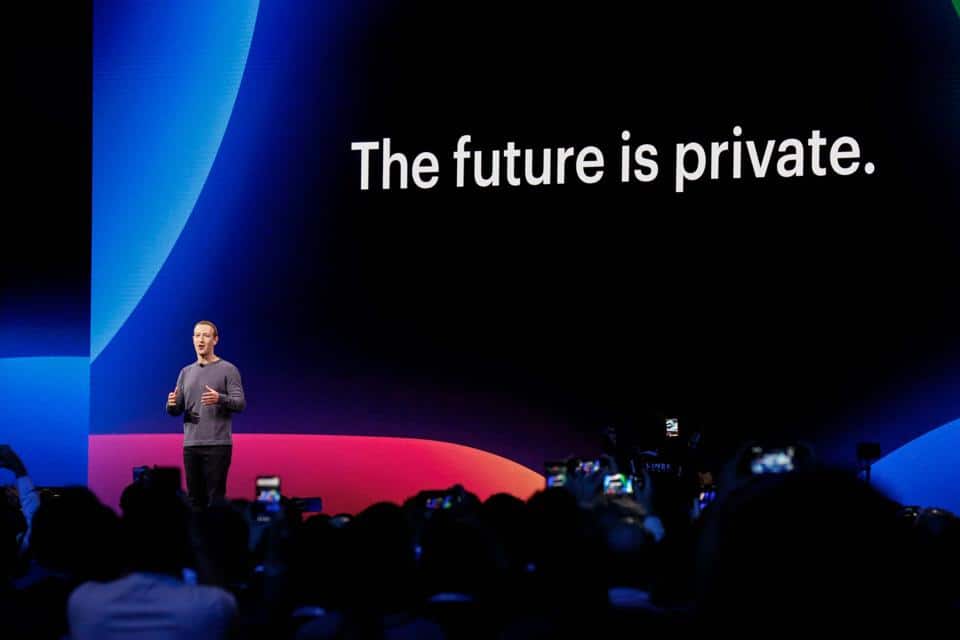Facebook delays Messenger and Instagram End-to-End Encryption even further
2 min. read
Published on
Read our disclosure page to find out how can you help MSPoweruser sustain the editorial team Read more

Despite working on End-to-End Encryption (EEE) for its services since 2019, in May 2021 Facebook said the feature would not become available until 2022 at the earliest.
In a blog post talking about Facebook’s Safety and Security plans, the company explained their reasons, saying:
While we expect to make more progress on default end-to-end encryption for Messenger and Instagram Direct this year, it’s a long-term project and we won’t be fully end-to-end encrypted until sometime in 2022 at the earliest. Moreover, the safety features we’ve already introduced are designed to work with end-to-end encryption, and we plan to continue building strong safety features into our services.
New a new report from UK publication The Guardian confirms that the feature has been pushed back even further, till 2023 at the earliest.
Antigone Davis, Meta’s head of safety, also told the Telegram the reason was concerns around safety, with Facebook not wanting to make it difficult to track criminals.
Earlier Facebook noted:
We need to find a balance of safety, privacy, and security. There is a clear need to balance the privacy and security of people’s messages with maintaining a safe environment and providing data to law enforcement in response to potential real world harms. We discussed tools that can protect people’s privacy while also preventing harm from happening in the first place, using behavioural signals, traffic data or user reports rather than access to the content of all messages. There was no consensus on a recommended approach, but experts encouraged more consultation to help strike an appropriate balance.
Once E2EE does become available by default, Davis notes that the company will “use a combination of non-encrypted data across our apps, account information and reports from users” to help keep them safe, all while “assisting public safety efforts.”
The delay may be political rather than technical, with Facebook coming under significant opposition from law enforcement and child safety advocates for potentially hiding illegal communication from the view of the authorities.
via The Verge









User forum
0 messages